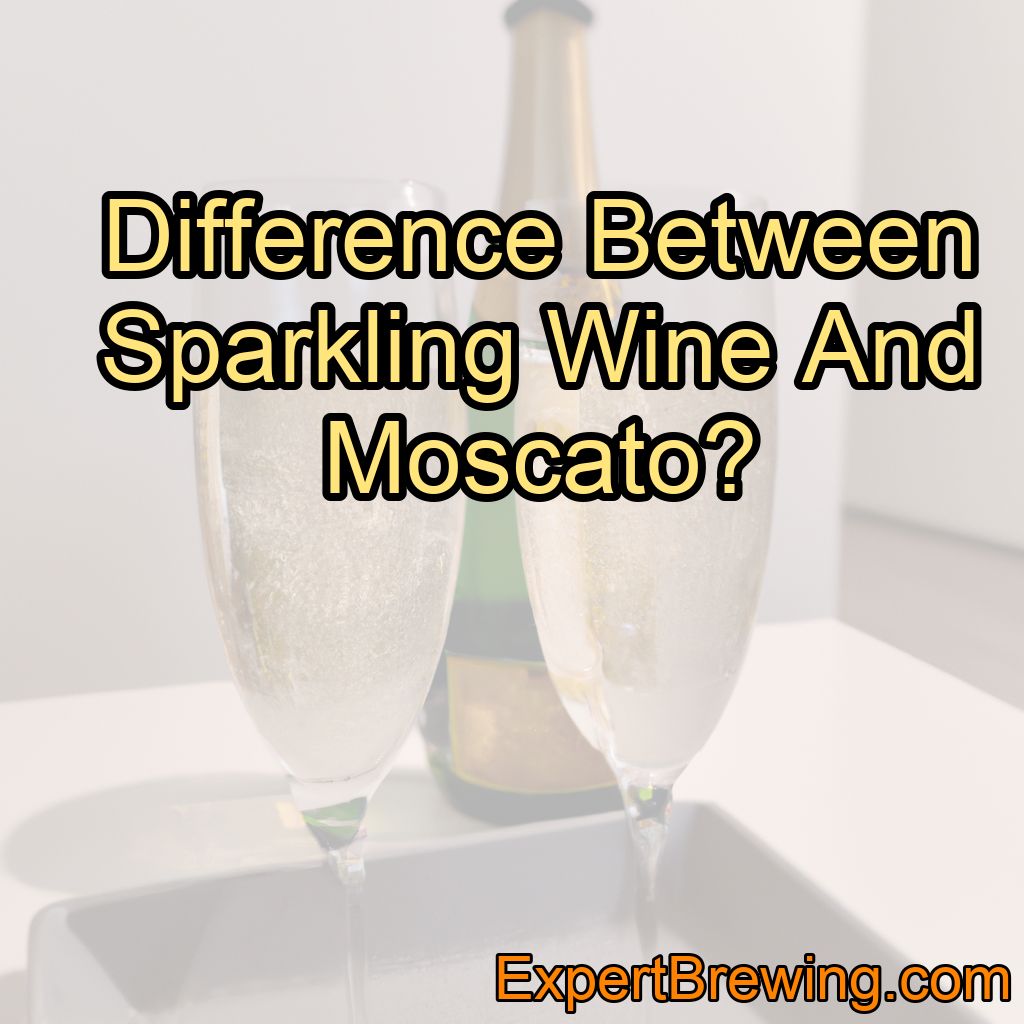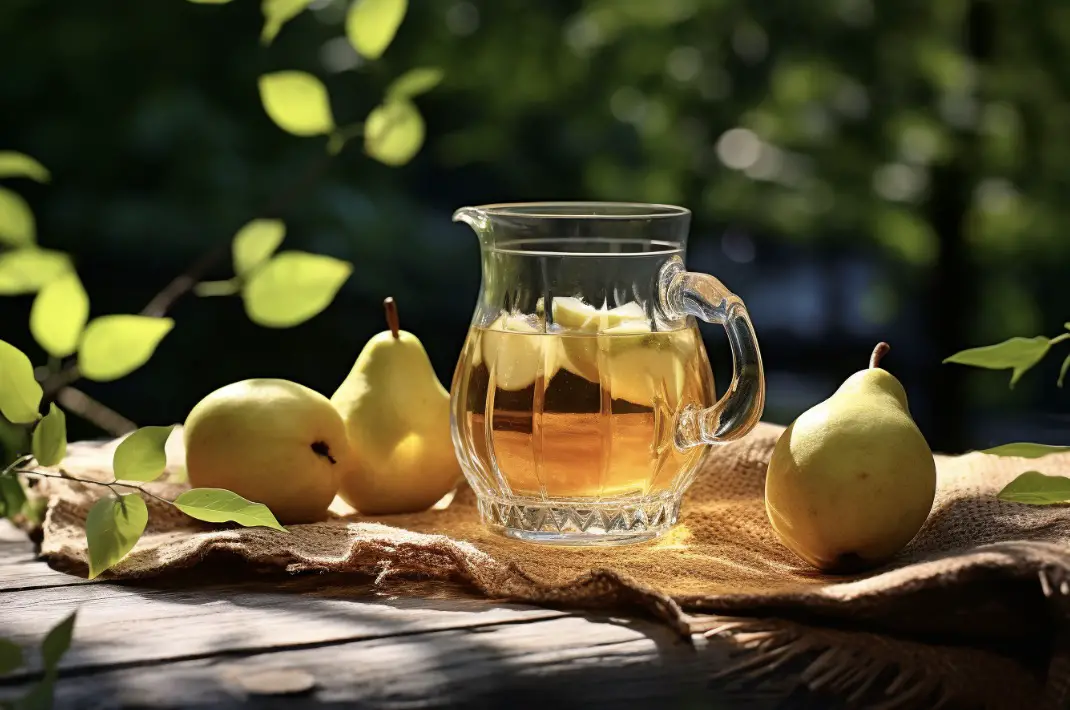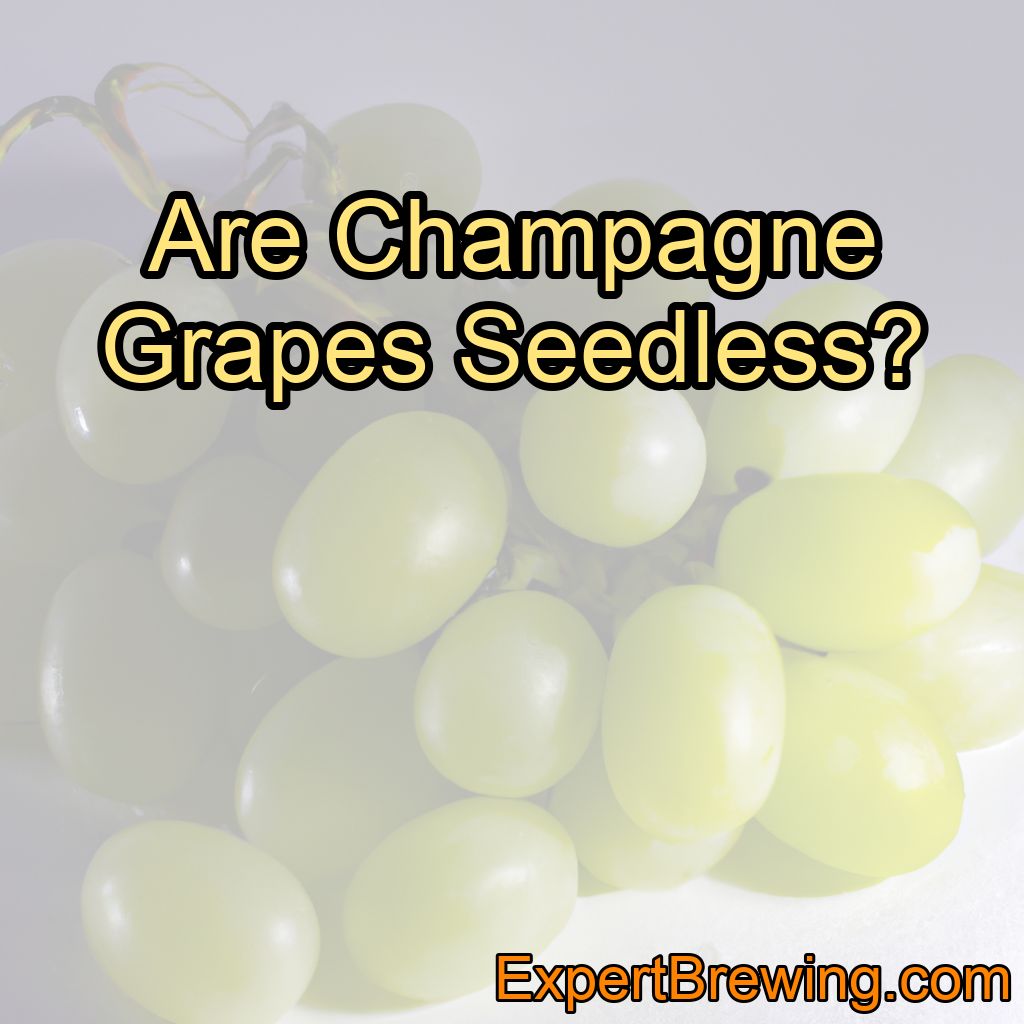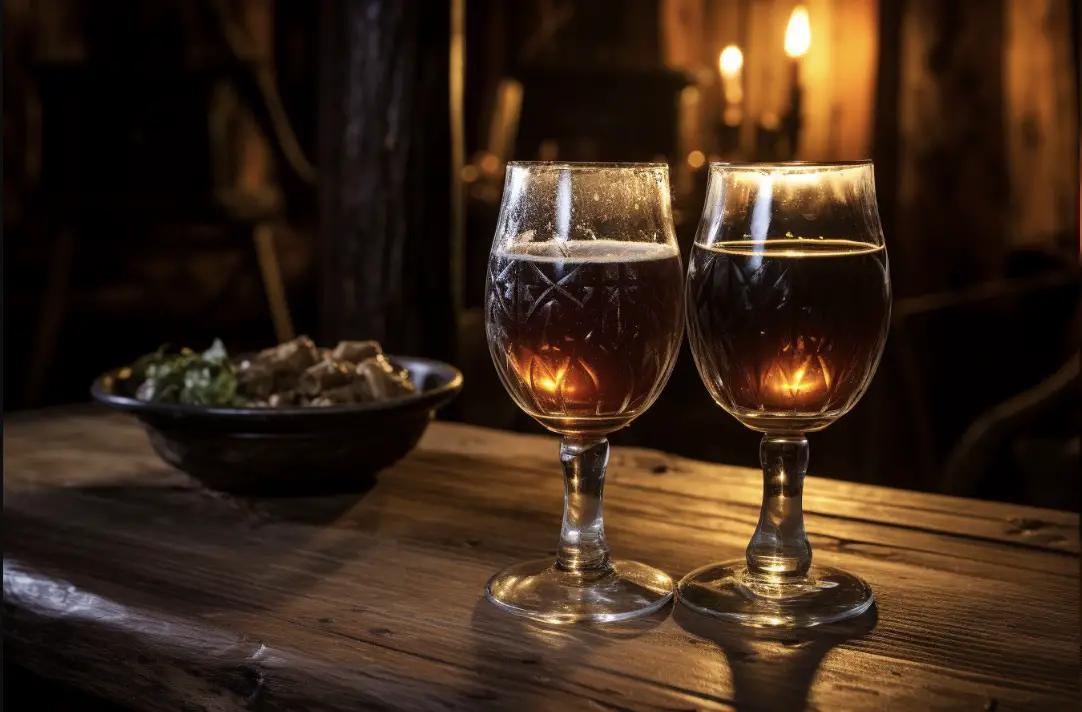In the world of wine, there are many choices and varieties that can sometimes be confusing for the casual wine lover. Two popular types of wine that often come up in conversations are sparkling wine and Moscato. While they may appear similar at first glance, there are distinct differences between these two styles of wine.
The main difference between sparkling wine and Moscato is that sparkling wine is a type of wine that has significant levels of carbon dioxide, making it fizzy, while Moscato is a type of grape variety used to create a sweet, aromatic wine.
In this blog post, we will dive into the world of sparkling wine and Moscato to explore their differences, similarities, and unique characteristics.
What is Sparkling Wine?
Sparkling wine is a type of wine that has significant levels of carbon dioxide, which makes it fizzy. The carbon dioxide may result from natural fermentation, either in a bottle or in a large tank designed to withstand the pressure, or by injecting the gas into the wine just before bottling.
Origins and Production
The most famous sparkling wine is Champagne, which comes from the Champagne region in France. Other well-known sparkling wines include Cava from Spain, Prosecco from Italy, and Crémant from other regions in France. Each type of sparkling wine has its own unique production methods, grape varieties, and characteristics.
Taste and Food Pairings
Sparkling wine is known for its lively, effervescent taste, which can range from dry and crisp to sweet and fruity. The bubbles in sparkling wine help to cleanse the palate and enhance the flavors of food, making it a popular choice for celebrations and fine dining.
Sparkling wines are incredibly versatile when it comes to food pairings. They can complement a wide range of dishes, from delicate seafood and sushi to rich, creamy cheeses and desserts. Some classic pairings include Champagne with oysters, Cava with tapas, and Prosecco with antipasti.
What is Moscato?
Origins and Production
Moscato is a type of grape variety that is used to create a sweet, aromatic wine. It is one of the oldest known grape varieties and originates from the Piedmont region in northwest Italy. Moscato grapes are also grown in other regions around the world, such as France, Australia, and the United States.
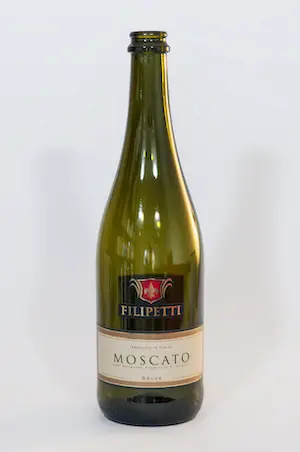
Moscato wine is typically made using the Moscato Bianco grape, although other varieties of Moscato grapes can be used as well. The grapes are harvested when they are very ripe, which produces a wine with a high sugar content and a distinct floral aroma.
Taste and Food Pairings
Moscato wine is known for its sweet, fruity flavor profile and distinctive floral aroma. Common flavors found in Moscato include peach, apricot, and orange blossom. Due to its sweetness, Moscato is often enjoyed as a dessert wine or paired with foods that have a sweet or spicy element.
Food pairings for Moscato can include fruit-based desserts, such as peach cobbler or apple pie, as well as spicy Asian dishes, like Thai curry or Szechuan chicken. The sweetness of the wine can help balance the heat and intensity of the spices in these dishes.
Key Differences Between Sparkling Wine and Moscato
Carbonation
One of the most noticeable differences between sparkling wine and Moscato is the presence of bubbles. Sparkling wine is carbonated, which gives it a fizzy, effervescent quality. Moscato, on the other hand, is typically a still wine, meaning it does not have any carbonation.
Sweetness
In general, Moscato wines tend to be sweeter than sparkling wines. This is because the Moscato grape has a high sugar content, which results in a sweet, fruity wine. While some sparkling wines can be sweet, they usually have a drier, crisper taste profile.
Aromas and Flavors
Moscato wines are known for their distinct floral aroma, which is not typically found in sparkling wines. The flavors in Moscato tend to be fruity and sweet, with notes of peach, apricot, and orange blossom. Sparkling wines can have a wide range of flavors, from citrus and green apple to toast and brioche, depending on the grape varieties used and the production methods.
Sparkling Moscato: The Best of Both Worlds?
For those who love both the sweetness of Moscato and the effervescence of sparkling wine, there is a perfect solution: sparkling Moscato. This type of wine combines the sweet, fruity flavors of Moscato with the lively, fizzy nature of sparkling wine.
Sparkling Moscato is typically produced using the same methods as other sparkling wines, such as the Charmat method or the traditional méthode champenoise. This creates a wine that has the characteristic bubbles of sparkling wine and the sweet, floral flavors of Moscato.
When to Choose Sparkling Wine or Moscato
When deciding between sparkling wine and Moscato, it ultimately comes down to personal preference and the occasion. If you are looking for a wine to celebrate a special event or to pair with a wide range of foods, sparkling wine may be the better choice. Its versatility and lively taste make it perfect for toasting and enjoying with friends and family.
On the other hand, if you prefer a sweeter, more aromatic wine to enjoy with dessert or as an after-dinner treat, Moscato may be the way to go. Its sweet, fruity flavors and floral aroma make it a delightful choice for those who have a sweet tooth or enjoy lighter, more fragrant wines.
Conclusion
In conclusion, the main difference between sparkling wine and Moscato is that sparkling wine is a type of wine that has significant levels of carbon dioxide, making it fizzy, while Moscato is a type of grape variety used to create a sweet, aromatic wine.
Here are ten interesting facts about sparkling wine and Moscato:
1. Sparkling wine has been produced for centuries, with some of the earliest mentions dating back to ancient Roman times.
2. Moscato is one of the oldest known grape varieties, originating from the Piedmont region in Italy.
3. Champagne, the most famous sparkling wine, can only be produced in the Champagne region of France.
4. Moscato wines are typically made using the Moscato Bianco grape.
5. The bubbles in sparkling wine are formed during the fermentation process, either in the bottle or in a large tank.
6. Sparkling wines can range from dry and crisp to sweet and fruity, depending on the grape varieties and production methods used.
7. Moscato wines are known for their sweet, fruity flavors and distinct floral aroma.
8. Sparkling Moscato combines the sweetness of Moscato with the effervescence of sparkling wine.
9. Sparkling wine is often enjoyed at celebrations and paired with a wide range of foods, while Moscato is typically enjoyed as a dessert wine or with sweet and spicy dishes.
10. Both sparkling wine and Moscato offer unique taste experiences, making them popular choices for wine lovers around the world.
FAQs
Which one is sweeter Moscato or Prosecco?
Moscato is typically sweeter than Prosecco.
Is Prosecco a sweeter wine?
Prosecco is typically a dry, sparkling wine, but there are some variations that can be sweeter.
Are Prosecco and Moscato the same?
No, Prosecco and Moscato are not the same. They are two different types of wine with distinct characteristics and production methods. Prosecco is a sparkling wine made from the Glera grape, while Moscato is a sweet wine made from the Muscat grape.
Is Prosecco as sweet as Moscato?
No, Prosecco is generally less sweet than Moscato.
Which is sweeter Prosecco or Champagne?
Prosecco is generally considered to be sweeter than Champagne due to its higher residual sugar content.
Is Barefoot red Moscato a sparkling wine?
No, Barefoot red Moscato is not a sparkling wine. It is a still wine.

